A lot has changed for Tyler Glenn since he came out publicly in a 2014 Rolling Stone profile. At the time, the Neon Trees frontman spoke about reconciling his Mormon faith with his sexuality, but that all went out the window when the Church of Jesus Christ of Latter-day Saints’ updated its policies last year declaring legally married same-sex couples apostates of the church and barring their children from being blessed and baptized until they turn 18 and reject homosexuality. That was Glenn’s breaking point. He’s since left the church, funneling his rage into a new solo album, Excommunication. With the provocative videos for singles “Trash” and “Shameless” already causing controversy, Glenn called Queerty to chat about the new album and his long-delayed rebellion.
Was it important to differentiate this album’s sound from Neon Trees’?
Well, yeah, I think that’s why I started writing music outside of my band. I wanted to play with sounds that I maybe didn’t play with in Neon Trees. There’s a side to me, musically, I’m a big fan of R&B, a soulful quality to pop music. So instead of making a Trees album that sounded completely different from the band, it was interesting to me to do something on my own and it could sound different and that would be ok. It was really important to have a different sound and put my name on it and make it separate.
There are a lot of pop music references on this album. I heard references to Stevie Nicks and Madonna lyrics, and echoes of Beyoncé. Were you consciously peppering the album with shout-outs to music that you love?
You know, I really wasn’t. I think subconsciously I just absorb. I’ve always been a fan of pop culture and pop music and I’m just such a music listener. So I definitely feel like it all made it on the record because I naturally just absorb that stuff. But I think that’s rad that certain people are keying into certain little moment.
The LDS’s new policy is clearly a major influence on this album. Had you been working on solo material prior to that?
Yeah, a year prior to that I had been writing music that kinda didn’t fit on a Neon Trees record. I think the band and I had decided to sort of take a break anyway. Babies were being made——I wasn’t making babies. But I was writing music and then the policy broke and I had to write the music. I felt compelled.
How about we take this to the next level?
Our newsletter is like a refreshing cocktail (or mocktail) of LGBTQ+ entertainment and pop culture, served up with a side of eye-candy.
How did that announcement change the material you were working on?
It changed it dramatically. None of the music I was writing prior made the record. I don’t want to sound cheesy, but I look back at it sort of as a gift that I was able to go through something [like that] while I was writing music, and then was able to put so much of it into the record.
What had you been writing about? Is that something you even want to talk about?
I was in a happy relationship with my first boyfriend, I was pretty happy naively making Mormonism and homosexuality work. So, I feel like I was also in a place of slow transition. I was trying to find——I wasn’t happy. I thought coming out would be the key that would make me happy, and then when I came out it was great and I had a boyfriend and I thought, This is it. I’m still feeling sort of lonely, and totally wondering, Why am I here? Where am I going? And then the policy broke. I think it allowed me to look at things I always had questions about my whole life. It just caused a paradigm shift.
It sounds like a lot of the things you deal with on the album, the things you’ve been dealing with in your own life, were already brewing, but the policy pushed them to the forefront.
It was brewing, but it was this weird compartmentalizing that I’ve experienced. Did I really believe that a boy was visited by these personages and got golden plates? In my heart, I don’t know if I ever did, but I taught it and I believed in it and I’d been indoctrinated into the religion. To me it was always the only way, it was the truth, and I think that might be the trick about Mormonism. It’s different from other religions in the fact that it claims to be the historic gospel and there are speaking today for God. So I just always walked down that path and suppressed being gay for so long, and then coming out and trying to merge the two worlds——I felt like I was doing it, but I still sort of just felt like a phony. But in my heart——at the time I was in love with my boyfriend, we were making plans, I wanted to have kids, they would probably have been Mormon. But also, I didn’t know if the Church had space for me. They seemed to be ok with me being gay and Mormon in public.
You’ve said that you always tried to make being gay and being a Mormon work. How did you reconcile those two things?
I think just further compartmentalizing. I came out as gay in Rolling Stone. The headline was “Gay, Mormon and Finally Out.” So here I am coming out, yet I’m also being tagged as the gay Mormon. So, the press surrounding the last Neon Trees record was about how I was making being gay and Mormon work. Coming out, I wasn’t really embraced as much by certain members of the gay community because they wanted me to leave Mormonism and they weren’t allowing me to have my experience of coming out. And then some Mormons were saying, “You can’t be gay and Mormon.” But I found myself volunteering and eventually talking to LGBT people within the Church and I started to do a lot of speaking, and I look back at some of that as me spreading a toxic message. I don’t know a lot, but I do know that the LDS church doesn’t have a space for LGBTQ people and I know it’s 100 percent a toxic environment. That’s the message I want to share now.
So, looking back, do you feel like you were naïve to think you could remain in the church and be out and vocal about being gay?
For sure. Yeah.
Have you been officially excommunicated? What does that even entail?
No, I haven’t. It has a lot to do with local leadership, so I would have to be contacted by a bishop wanting to excommunicate me. Feedback from the heads of the church is that they’ve seen everything I’m doing and it’s probably a PR disaster for them to excommunicate me at this point because it would only shine more light on what I’m doing. So I think they’re trying to ignore what I’m doing.
Are you still a believer?
No, not at all. In the Mormon church or in general?
Well, how would you characterize your spirituality now?
It’s hard. It’s only 10 months ago that I changed what I believe in. So, right now, I’m finding a lot of bliss in not knowing anything when my whole life I was taught and told and I lived with [knowing] the church was true. So now it’s really nice to say I don’t know. I’m more open to discovering. It’s taken a lot of pressure off. I always felt I was a square peg in a round hole. The god that I came to know through Mormonism, I don’t believe in at all. I definitely think there must be something, but I don’t know. What I’m more concerned with now is right now, and connecting with people. And I have. It’s crazy the connection I’m able to make with my family and friends is completely different. I kinda want to go back and date that guy again. But he cheated on me so fuck that guy.
Well, uncertainty is a really valued element of a lot of spiritual traditions.
Yeah, I’m having a good time cherry picking. And that was something I never thought I could do, because within the framework of Mormonism, the way I was raised and the things I taught on my mission, it’s always been very clear. The plan was set out, and everything is a package. You have to believe in all of it. And there’s something really beautiful in pulling from different elements of things that resonate with me personally. That’s way more healthy, at least for me right now. I don’t know if I could ever replace a religion with another religion, really.
How do you decide what to keep and what to get rid of?
Well, I’m definitely getting rid of the idea that coffee is a sin, and that just being an adult and having a drink with friends is a sin. I’m letting go of that. [Laughs] Being in a happy, healthy relationship, no matter what sex the person is, is totally cool. Just recently I’ve decided to figure out how to bring prayer back into my life. I don’t really know who I’m praying to when I pray right now, but it’s giving me peace. But maybe it doesn’t need a name and it makes me feel good and that’s ok.
You’re going through things in your early 30s that I think a lot of people go through in the teens and early 20s. Why do you think it took you so long to grapple with these questions of religion and sexuality?
I knew from a very young age that I was gay, but I was told that it was something that I could either pray away, that I could repair, or that it was sort of a challenge that was given to me from God that I could overcome. So, I think when you’re sort of engrained with that idea, it just prevented me from ever really acknowledging it. I went on a mission at 19 for two years, and when I got back we started the band and I was dating women because that was the plan: date women, raise a family and be a Mormon. But as I started touring with the band and became more comfortable with who I am as an artist I started to go crazy. That’s when the identity crisis started to happen. I came out as gay at 30, but I think it took me up until this last year to be comfortable just with Tyler. Tyler’s gay. He’s also a good songwriter and a good friend. Things like that. Those are the things that are making up my framework now, not just a religion or an orientation that I have to fit in, and that feels really good. It is a little late, that’s kinda weird.
In a way you’re having a very late adolescence, drinking. I’m sure there are people telling you that this is just a phase, that you’re acting out. These are things a lot of us have heard.
It’s interesting, that’s been a reaction from certain people, especially people who have been offended by some of the things I’ve been saying or some of the visuals I’ve been using. But what’s been really validating are the people that are saying, “I’m going through that too,” or “I went through that,” or “We’re proud of you. We’re super excited for you to discover yourself.” I think no matter what age, no matter how late or early you decide to accept yourself, I think it’s ok and it’s a valid experience to have.
Don't forget to share:







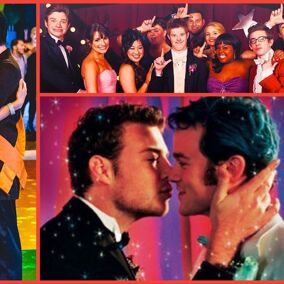

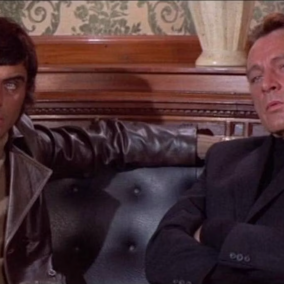
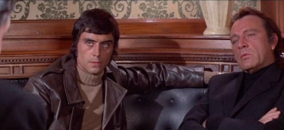


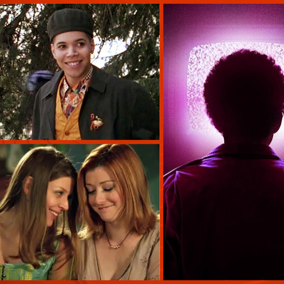
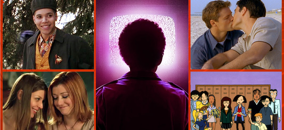
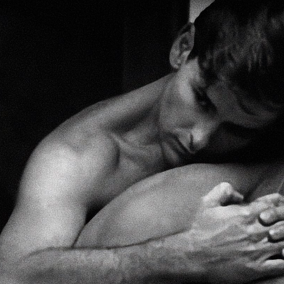
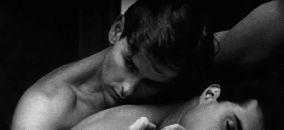
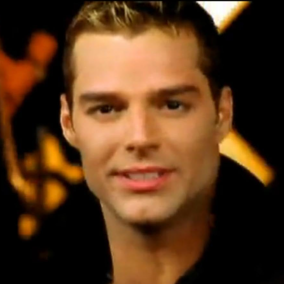
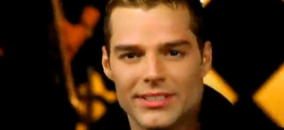
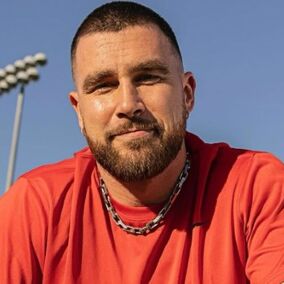
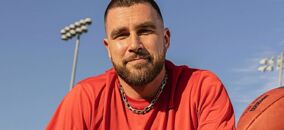
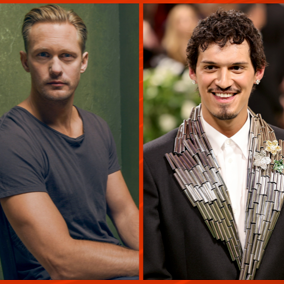

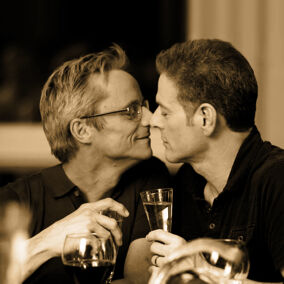
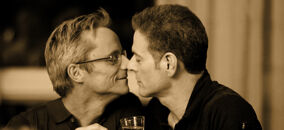
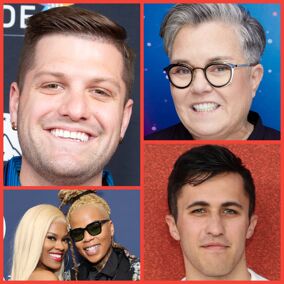

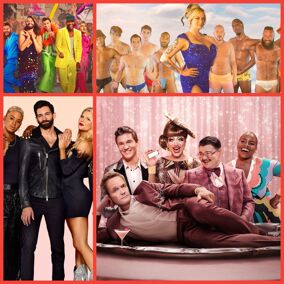

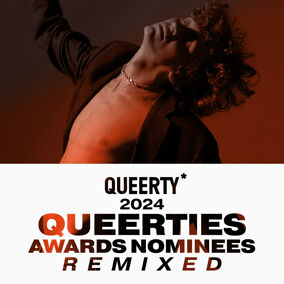
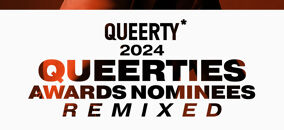
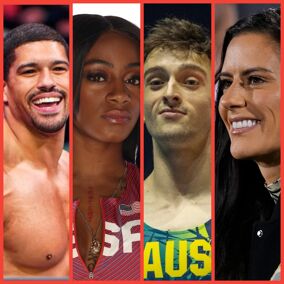

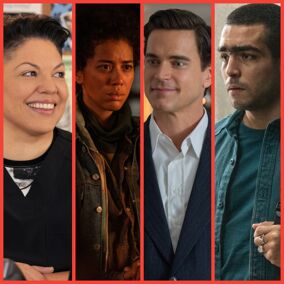
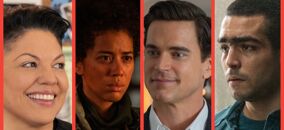
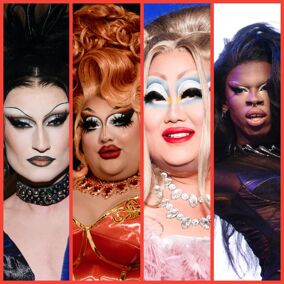
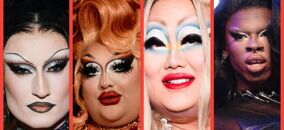
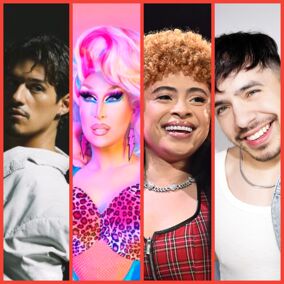

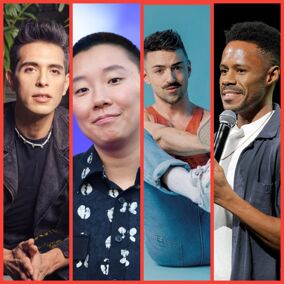

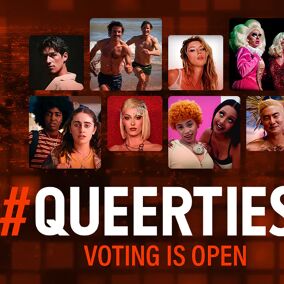
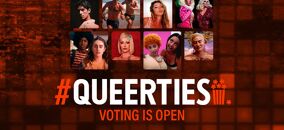
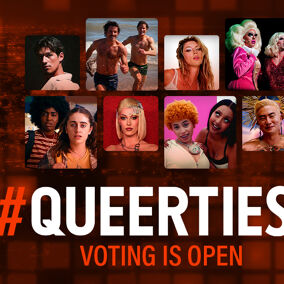
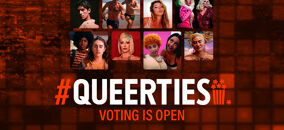








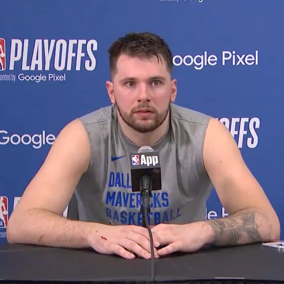

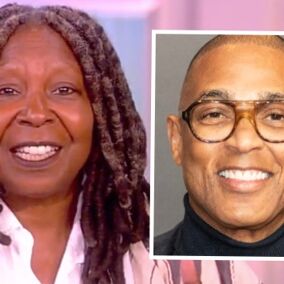

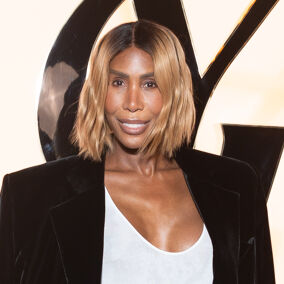
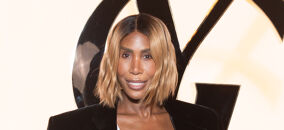
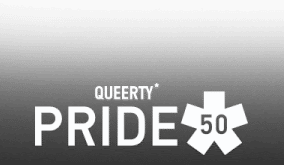

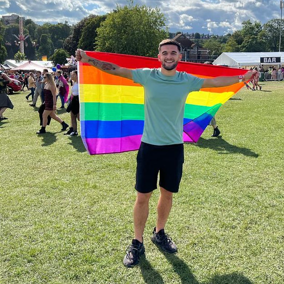
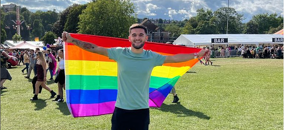
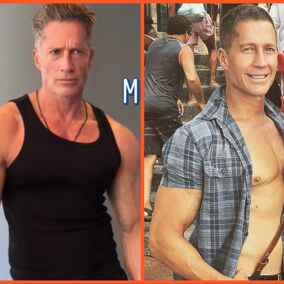

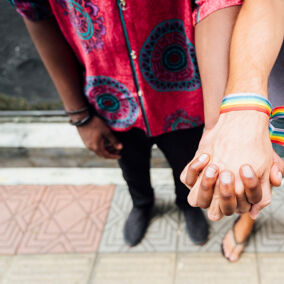





jkthsnk
A lot, if not most of us weren’t allowed honest adolescences because we weren’t out so, yeah, they were delayed. I’m glad that’s changing. I’m glad more kids can have honest, open crushes. I’m glad they don’t always have to engage in unhealthy behavior to make the closet bearable. And I’m really glad Tyler Glenn made the connection betwen his religion and it’s negative influence. I love Neon Trees, and him, and it was difficult to stay a fan with the apologetics. Yay for all!
ingyaom
I thought this interview was with a much younger person – teen or 20s. I guess a life of Mormonism leaves you with a lot of catching up to do. Glad he’s out now (out as gay and out of LDS). Good luck, pal.
Captain Obvious
Can’t wait for this! I don’t get excited about many celebs but I love this guy. Posted about his music before a few times on this site.
@ingyaom: That’s pretty much the average gay experience of anyone over 30 actually. An interview with a younger person wouldn’t include many if any struggles about being gay because they don’t have any reason to hide anymore. Hardly anyone cares about that now and those who do aren’t tolerated.
We[gay people over 30] missed out on a lot of the teen social experiences so we’re always playing catch up. It is what it is. Gay people under 30 have no idea how good they have it and tend to throw it in our faces a lot despite so many well over 40 doing all the heavy lifting for them. People who never got to have the freedom to be who they are/were in public often get disrespected by young people who can only because of them.
ChrisK
@Captain Obvious: Yup. I’ve always said that. Were (those over 35) about 5-7 years behind our straight counterparts because we never did the normal dating/relationship scene along with the no public acceptance so we ended up stunted in our maturity levels and many never really grew up like Peter Pan.
Yeah, when you think about it it’s the Generation x’s who did ALL the heavy lifting. Every right that Gen Y enjoys was brought to you by Gen X.
Hank
@Captain Obvious: @ChrisK:
Then you should stop being jealous grumpy queens and be happy for who may be out today. The more people come out sooner better, more confident adults they will be and more rights they will ensure.
Captain Obvious
@Hank: You really need to get some proper reading comprehension before you start lecturing people. The only one who sounds grumpy is you. Someone giving their point of view shouldn’t be cause for insults and dumb assumptions. Where in either post did we say we’re not happy for younger people? I’m only 33 myself.
You clearly don’t think before you speak and you sound very bitter. This is why people hate our generation. You probably got defensive because you’re exactly the type I’m talking about. Rude, obnoxious, and entitled. It’ll get you nowhere, but keep wearing it with egotistical pride anyway.